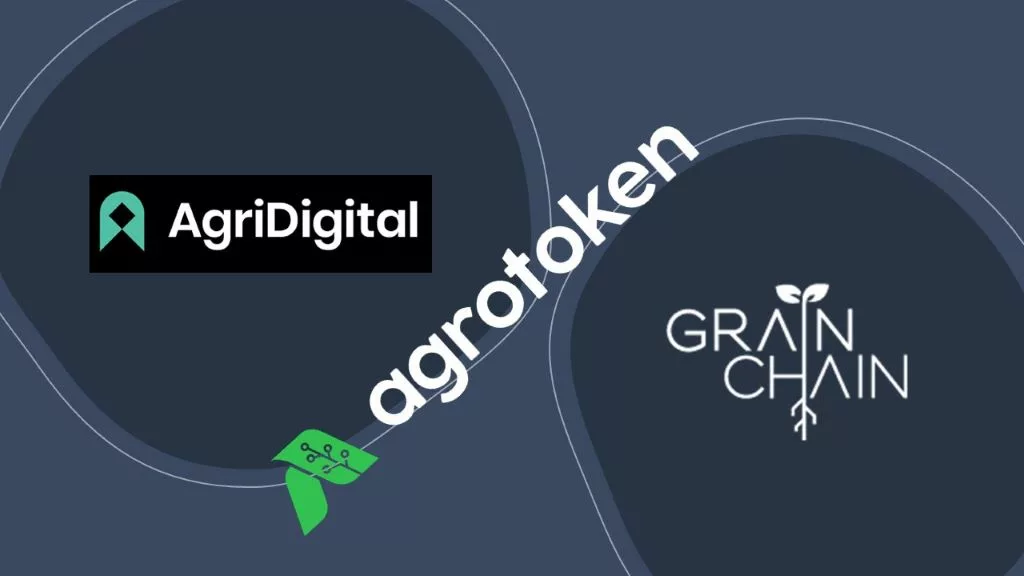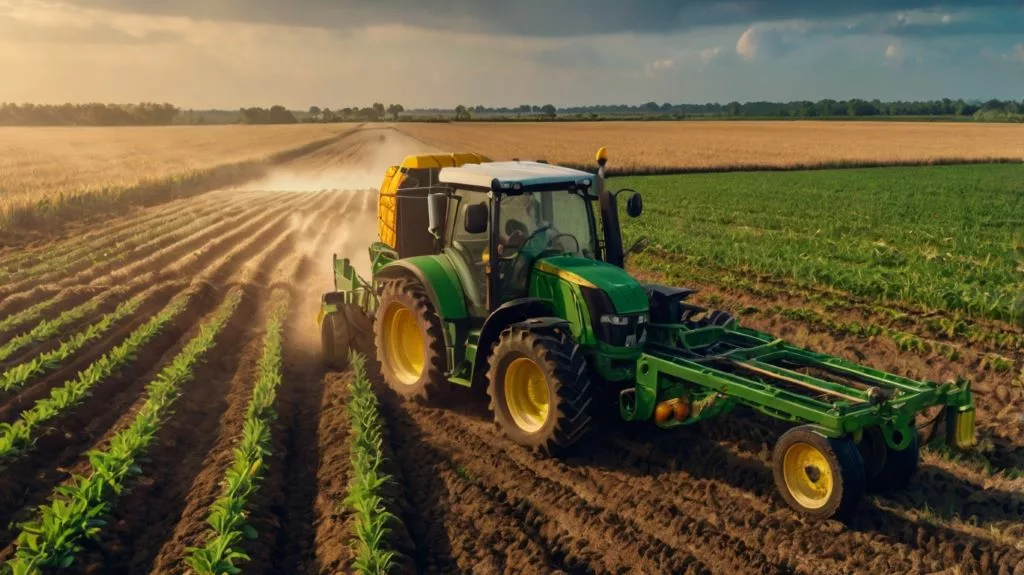Tokenization, the process of converting physical assets into digital tokens on a blockchain, is making waves in various industries. One sector where tokenization shows immense promise is agriculture. By turning agricultural commodities into digital tokens, farmers and stakeholders can unlock new financial opportunities and improve the efficiency of their operations. This article explores the latest advancements in agricultural tokenization and presents examples of its application.
The Concept of Agricultural Tokenization
Agricultural tokenization involves creating digital representations of agricultural assets, such as grain, livestock, or land, that can be traded on blockchain platforms. These tokens can be used as collateral, traded for other assets, or even serve as a form of currency. The primary benefits include increased liquidity, transparency, and access to financial services for farmers.
Agrotokens: Pioneering the Way
One notable example of agricultural tokenization is Agrotokens. Agrotokens are digital tokens backed by physical agricultural commodities like grain. Farmers can use these tokens to access liquidity without selling their produce. This model allows farmers to hedge against price volatility and gain immediate access to funds. For instance, a farmer with a surplus of grain can tokenize it and use the tokens to secure a loan or trade for other necessary resources.
Example: Agrotoken
Agrotoken is a company that has successfully implemented this concept. They provide a platform where farmers can convert their grain into digital tokens. Farmers can use these tokens in various financial transactions, making it easier for farmers to manage their assets and access liquidity.
Benefits of Tokenization in Agriculture
- Increased Liquidity: Farmers can convert their agricultural products into digital tokens, providing them with immediate liquidity without needing to sell their produce.
- Enhanced Transparency: Blockchain technology ensures that all transactions are transparent and traceable, reducing the risk of fraud.
- Improved Access to Financial Services: Tokenization allows farmers to use their digital tokens as collateral for loans, enabling them to access financial services that might have been unavailable to them before.
- Price Stability: By tokenizing their commodities, farmers can hedge against price volatility, ensuring more stable income streams.

Case Studies in Agricultural Tokenization
1. GrainChain
GrainChain is another innovative platform that uses blockchain to streamline agricultural transactions. They have developed a system where farmers can tokenize their grain, facilitating easier and more secure transactions. This system not only helps in reducing the time and cost associated with traditional trading, but also provides better market access for farmers.
Source: GrainChain
2. AgriDigital
AgriDigital has implemented a blockchain-based platform for managing agricultural supply chains. Their system allows for the tokenization of agricultural assets, making it easier for farmers to trade and secure financing. Moreover, by providing a transparent and efficient platform, AgriDigital is helping to modernize the agricultural industry.
Source: AgriDigital
Challenges and Future Prospects
While the benefits of agricultural tokenization are significant, there are also challenges to consider. Regulatory hurdles, technological barriers, and the need for widespread adoption are some of the issues that need to be addressed. However, with the ongoing advancements in blockchain technology and increasing interest from the agricultural sector, the future of agricultural tokenization looks promising.
Conclusion
Tokenization in agriculture is set to trnsform the way farmers manage their assets and access financial services. By converting physical commodities into digital tokens, farmers can enjoy increased liquidity, transparency, and financial stability. Finally, as more platforms like Agrotoken, GrainChain, and AgriDigital emerge, the agricultural sector will continue to benefit from the innovative potential of blockchain technology.
Finally, we refined and enhanced the article using ChatGPT.

